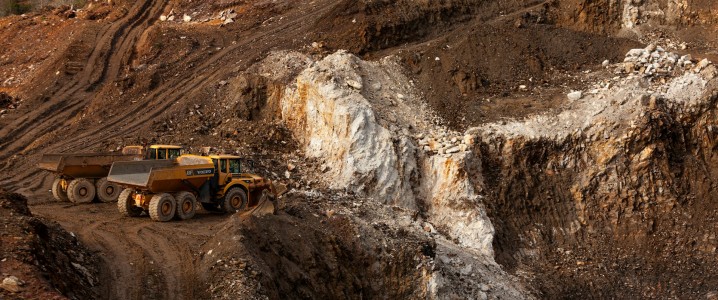Angola’s Minerals and Petroleum Minister, Diamantino Azevedo, called on the mining industry regulators to accelerate the permitting phase of new projects as one of Africa’s top oil producers looks to attract investments in critical minerals mining.
Azevedo said that the country needs to attract greater investment, support small and medium-sized enterprises (SMEs), and closely monitor projects that are not in the production phase yet, at a meeting with the regulatory bodies, including the Angolan National Agency of Mineral Resources, ANRM.
Angola also plans to create a digital mining registry to boost transparency and efficiency in decision-making and mineral rights awards.
The country will need to regulate more closely recent copper discoveries in Moxico and Cuando Cubango and lithium resources identified in Namibe, the chairman of the ANRM agency, Jacinto Rocha, said at the same event.
Angola is rich in mineral resources including manganese, copper, gold, phosphates, granite, marble, uranium, quartz, lead, zinc, wolfram, tin, fluorite, sulfur, feldspar, kaolin, mica, asphalt, gypsum, and talc, according to the U.S. Department of Commerce’s International Trade Administration.
Last month, Angola launched production at its first major copper mine, Tetelo, as the country looks to diversify in critical minerals.
The developer of the project, Shining Star Icarus, a partnership between China’s Shining Star International Group and Angola’s Sociedade Mineira de Cobre de Angola, expects to produce around 25,000 metric tons of copper concentrate per year during its initial phase. The project is worth $305 million in investment, Angola’s government said.
Angola will also assess feasibility of copper processing and refining capacity domestically, Azevedo said at the inauguration of the copper mine at the end of October. Refining copper domestically will create value and wealth for Angola, the minister added.
While looking to diversify in critical minerals, Angola also seeks to reinvigorate its oil production that has stagnated in recent years due to a lack of investment.
Shell, Equinor, and Sonangol signed an agreement early this month for exploration rights in 17 blocks offshore Angola.
By Tsvetana Paraskova for Oilprice.com
More Top Reads From Oilprice.com

